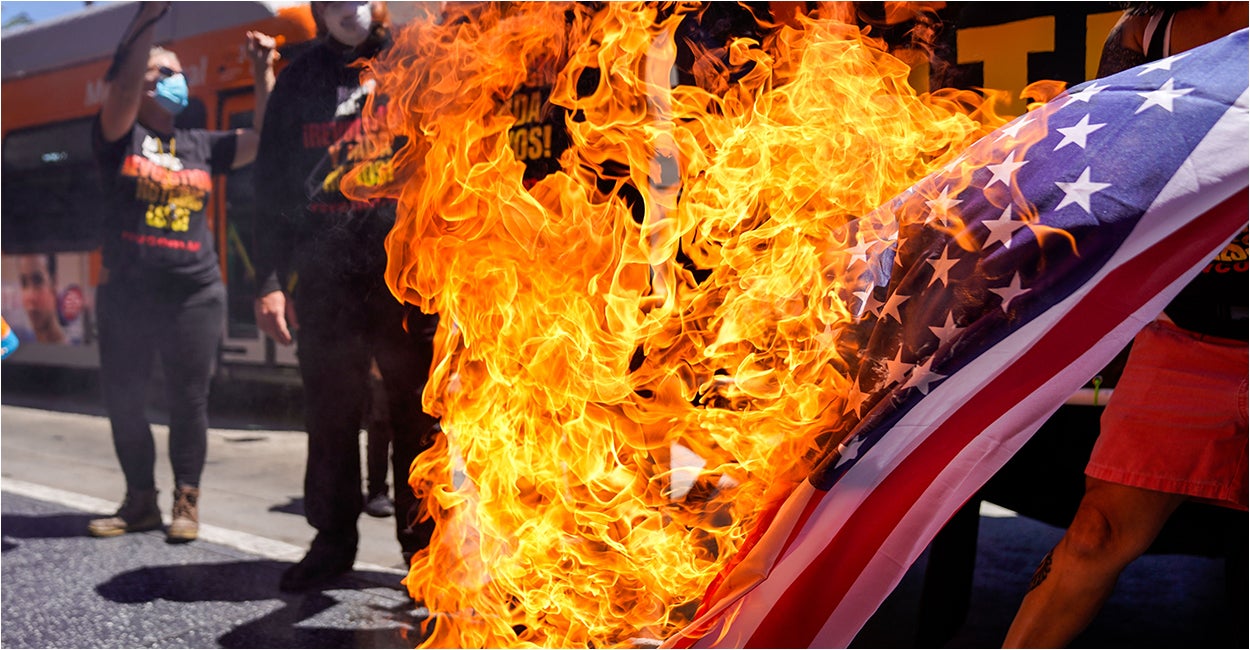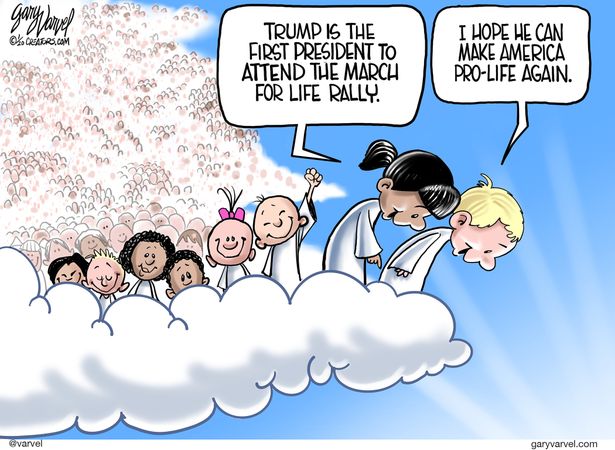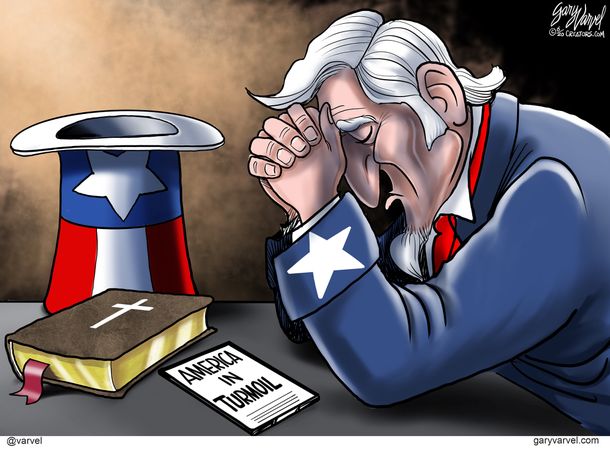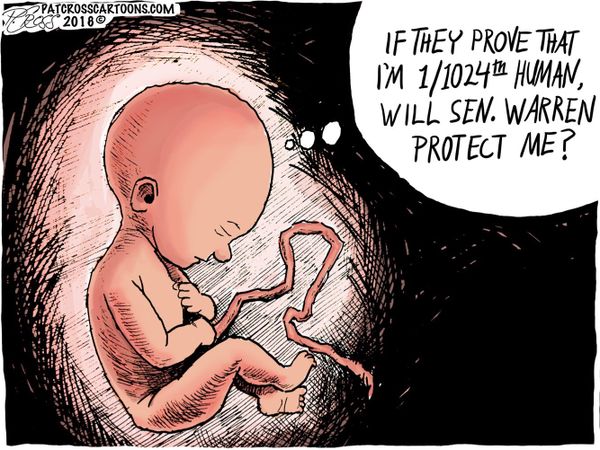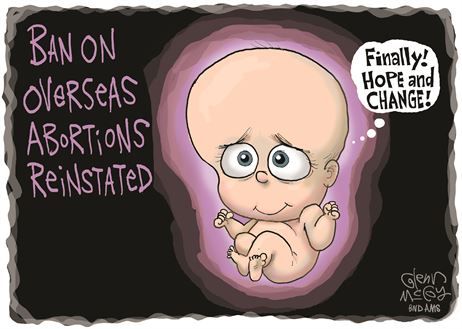These days, the two parties couldn't be more different -- and their latest attempts at virus relief certainly prove it. House leaders, who ditched the spirit of goodwill that got America through the first CARES Act, have already made it clear that they're not serious about anything but the elections. Their proposal, which was basically a summary of every radical idea Democrats have ever had, passed in May. Now, Senate Majority Leader Mitch McConnell (R-Ky.) says, it's time to get down to business and consider something reasonable. Whether Democrats will is another story.
"The Senate will not waste time with pointless partisanship," McConnell warned when he unveiled his chamber's plan. "There is a reason why even Speaker Pelosi and Leader Schumer themselves have publicly downplayed the multi-trillion-dollar socialist manifesto they published some weeks back, and have suggested the real, serious discussion would begin when Republicans released our outline."
Unlike House Democrats, the Senate majority doesn't think taxpayer-funded abortion, cash for illegal immigrants, marijuana banking, state bailouts, rigged elections, and a redefinition of the family will do much about America's real needs. So they've offered something else, the HEALS Act. "I hope this strong proposal will occasion a real response," McConnell told reporters with an eye on the other chamber. "Not partisan cheap shots. Not the predictable, tired, old rhetoric as though these were ordinary times and the nation could afford ordinary politics."
Instead of the $3 trillion Pelosi's camp wants to spend, Republicans have pared down their bill to $1 trillion -- which, as conservatives have pointed out, is still a huge sum. Specifically, the money is divvied up between things like school funding, another round of stimulus checks and Paycheck Protection Program loans, unemployment benefits, vaccine trials, virus testing, and a handful of other things like liability protections for churches, nonprofits, schools, and businesses who shouldn't have to worry about being sued for "spreading" the virus if they reopen safely. [italics and colored emphasis mine]
"There [are] a lot of vulnerable folks out there," Senator James Lankford (R-Okla.) agreed on "Washington Watch." The goal is to help keep them afloat with another round of checks that can cover things like rent and food. For businesses, several of which are struggling despite the Small Business Administration loans, there's a chance to apply for a second round if they're vulnerable. But one of the biggest changes from the previous versions of the virus relief is the focus on education. And not just public education -- but every option for learning.
Instead of debating it as a freestanding bill, the Senate decided to roll in the school choice initiative that Senators Lamar Alexander (R-Tenn.) and Tim Scott (R-S.C.) introduced last week. "We're trying to do two things," Lankford explained. "One is [funneling some of] the funds coming down to... private education. This [bill] isn't just geared toward public education -- this is geared toward parents. And so, we're [setting aside] some of the dollars specifically for private education, but also giv[ing] greater latitude to parents to be able to make choices..."
Specifically, the bill creates what are called Emergency Education Freedom Grants, which would send dollars to states in the form of scholarships. Those could be used for private school tuition, for example, or homeschooling expenses. If the states decide not to use the funds for scholarship organizations, they'll be redistributed to states who will. Just as importantly, the language makes it clear that just because a state takes this money doesn't mean the federal government will have any control over any aspect of that schooling.
Meanwhile, to Democrats who claim the Senate's version is "totally inadequate," Lankford shook his head. "I don't understand an argument about 'let's go spend more money.' We should only spend what is absolutely essential to be able to get through it and get to the other side of it."
[italics and colored emphasis mine]
the disorder of the world. - Karl Barth
*Representative name or photo used to protect identity.





